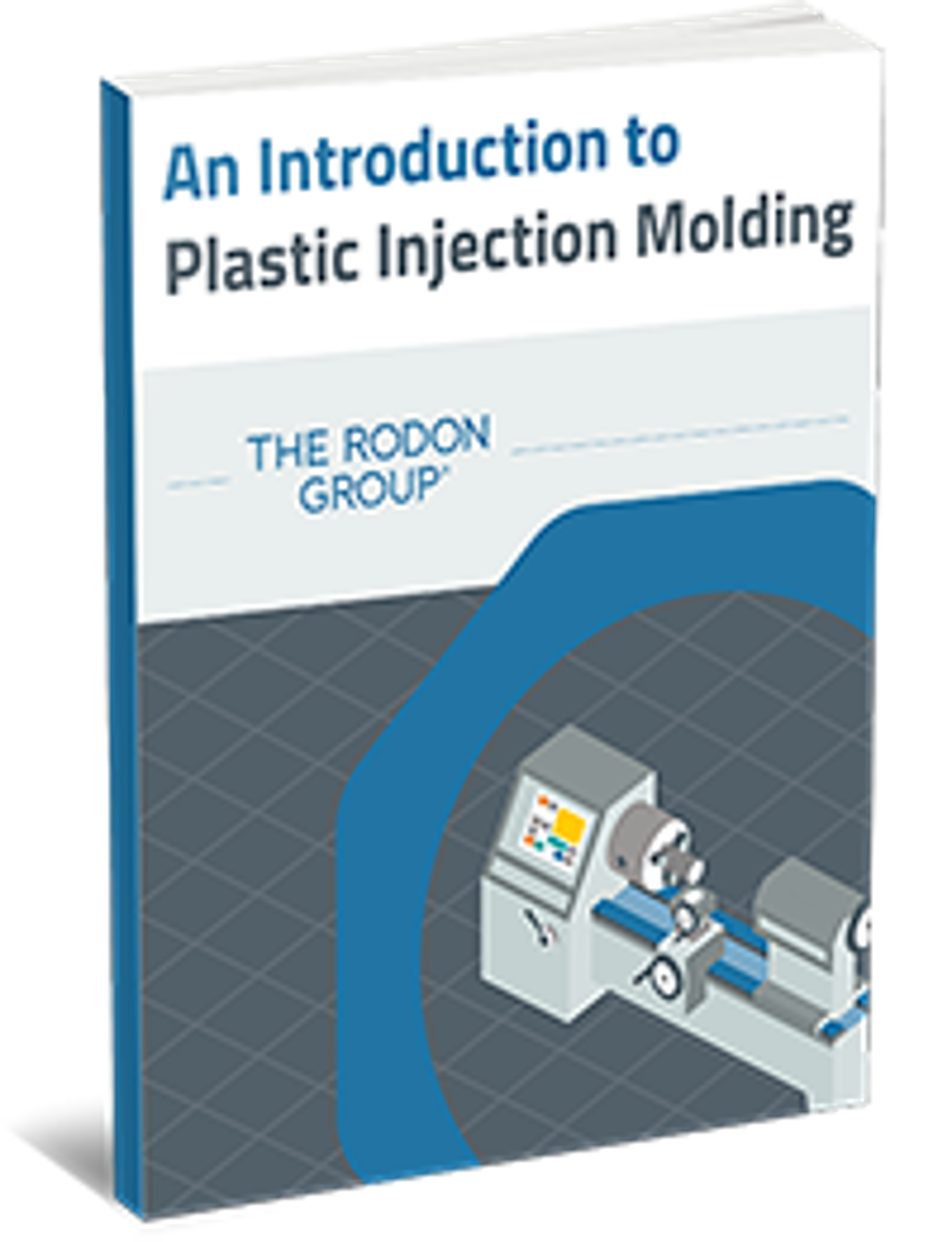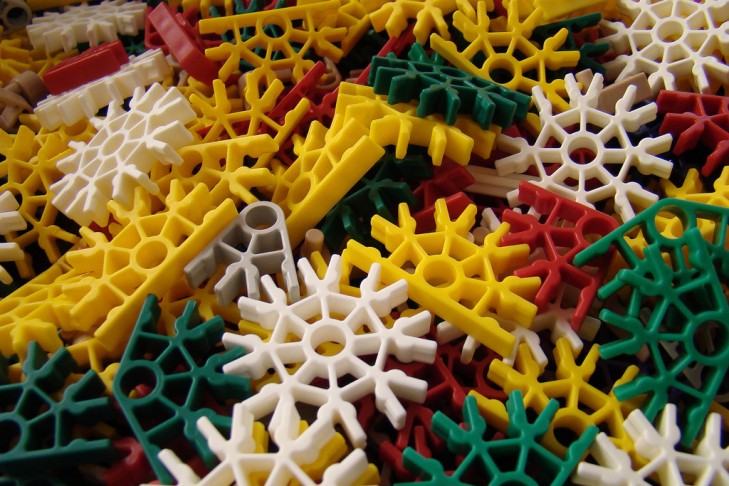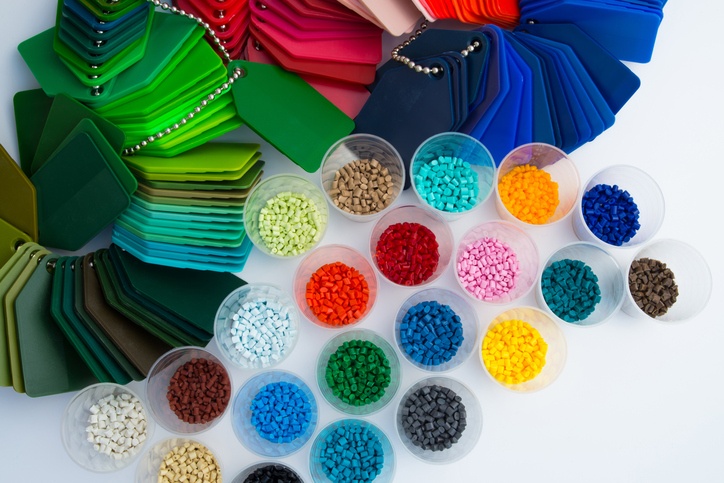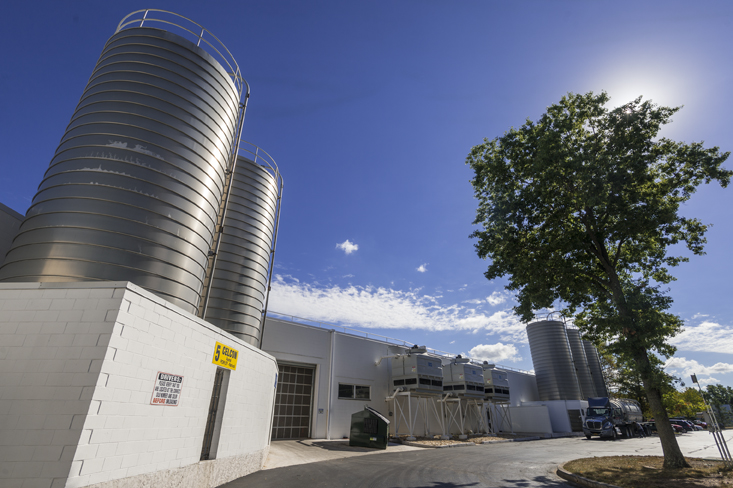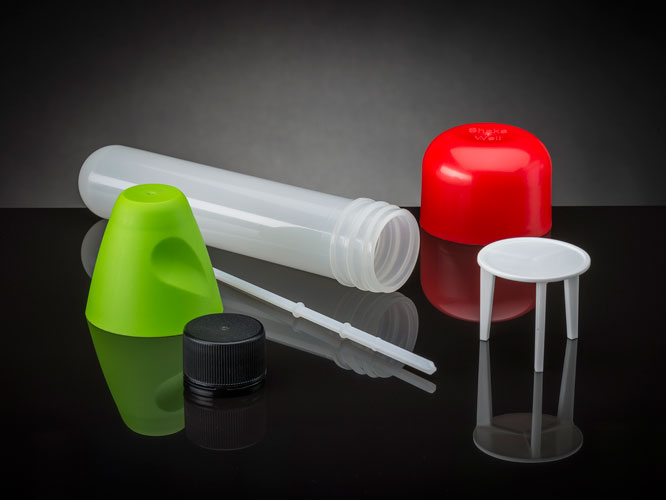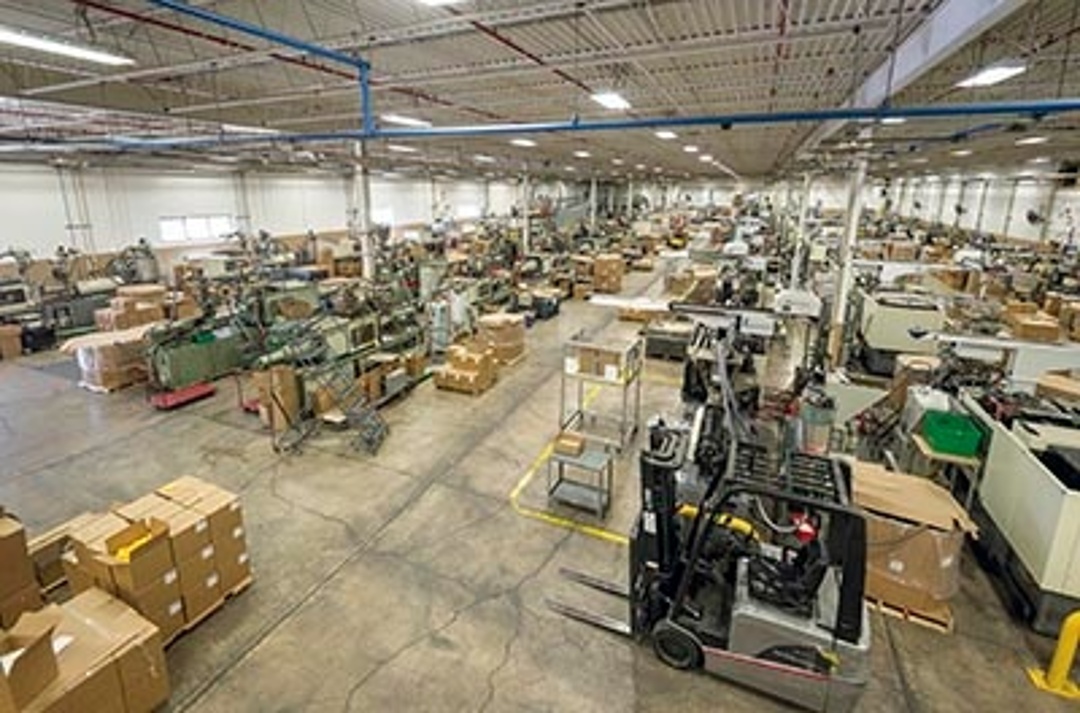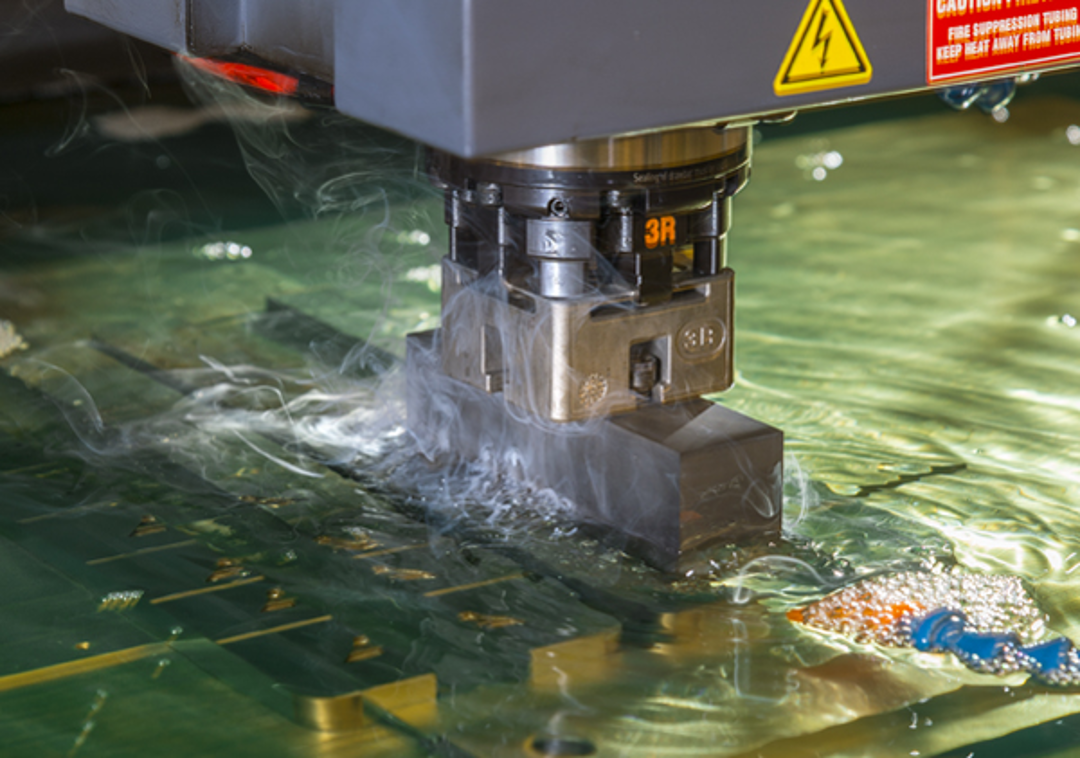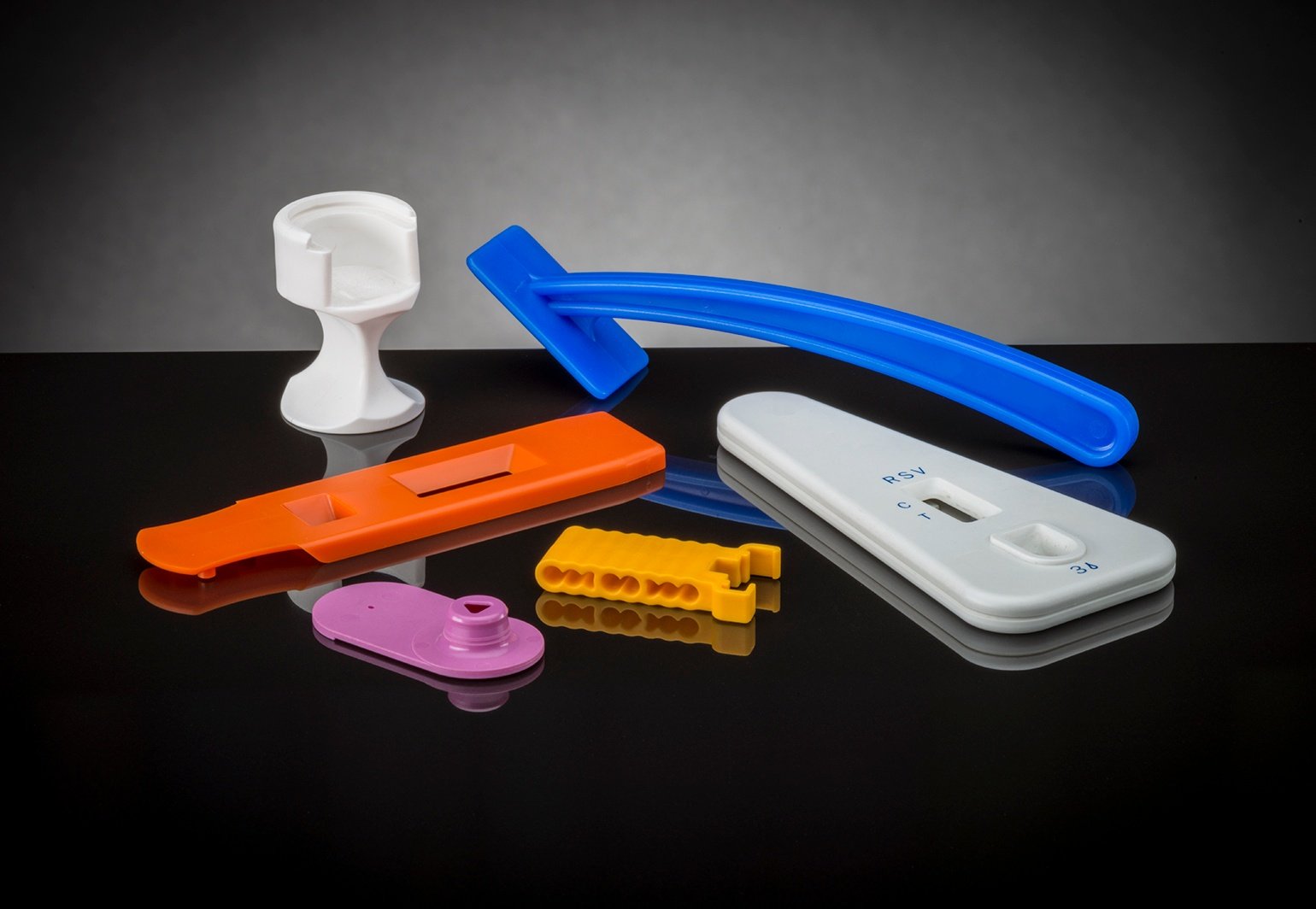Developed with designers, engineers, and purchasing specialists in mind, our completely revised and expanded eBook, An Introduction to Plastic Injection Molding provides a thorough understanding of plastic injection molding processes, presses, and costs. Our goal is to help our customers and followers become more knowledgeable about what goes into making a plastic part.
While plastic has been used to create a vast number of consumer products, the material’s potential uses expand far beyond children’s toys or storage containers. Today, industry experts rely on plastics to create everything from automotive parts to synthetic human body parts.
Colored plastics see broad usage every day in a vast range of applications and settings, but not many people understand how these hues are created and implemented. With the help of Penn Color, a knowledgeable and experienced local colorant manufacturer who has a longstanding partnership with The Rodon Group, we have gathered information and insights into how the plastic products we know and use every day get their colors.
At The Rodon Group, we are dedicated to maintaining the health and vitality of the environment. We firmly believe that every business holds a societal obligation to implement green manufacturing initiatives aimed towards fostering sustainability and minimizing the impact on the local community and environment.
For over six decades, The Rodon Group has provided innovative manufacturing solutions for a wide range of industrial applications. As an ISO 9001:2015 certified plastic injection molder, we offer high-quality custom parts in high volumes and at low costs to clients in the following industries:
Turnkey manufacturing is a process where one company oversees all aspects of a project's production from beginning to end. They handle all project phases: starting with the initial design phase, and progressing to machining/tooling, then to quality assurance, and finally to the manufacturing, packing, and shipping stage of production.
The cost and quality of manufactured parts rely on the accuracy and speed at which they’re produced. Industrial manufacturing uses plastic injection molding to keep material costs down while maintaining the capability for high-level production. The key concept is accuracy, especially for industries that require intricate or complex parts.
Plastic injection molding is an extremely versatile method of producing plastic parts and has multiple advantages over other methods of plastic molding. Not only is the process simpler and more reliable than others methods, but it is also extremely efficient. Both of these are primary reasons why it has become a standard process in virtually every industry demanding high-volume components and parts.
After 62 plus years of experience in the industry, we have heard virtually every question a customer could ask. To help you make an informed decision on your plastic injection molding project, we’ve outlined some of the most common questions – and their answers from our previous blog articles– below.
Custom plastic injection molding of close-tolerance, small parts is an ideal solution for many industries that are looking to produce a high volume of precision quality parts.
Injection molding is by far the most versatile of all molding techniques. The presses used in this process vary in size and are rated based on pressure or tonnage. Larger machines can injection mold car parts. Smaller machines can produce very precise plastic parts for surgical applications. In addition, there are many types of plastic resins and additives that can be used in the injection molding process, increasing its flexibility for designers and engineers.







